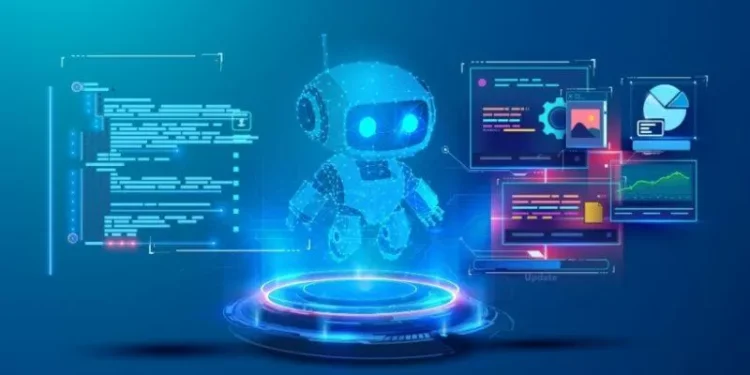With the rapid advancement of technology, the traditional roles of trainers and instructors are gradually being replaced by machines and artificial intelligence (AI). While this may seem like a threat to the future of human trainers, the truth is that this shift is creating new opportunities for professionals to thrive in the field of learning and development. In this article, we will explore the emerging roles of learning experience architects, AI calibrators, and specialized coaches, and how they are shaping the future of training.
The Rise of Learning Experience Architects
Gone are the days when trainers simply delivered information to learners. Today, the focus is on creating engaging and meaningful learning experiences that cater to the needs and preferences of individual learners. This is where learning experience architects come in. They are responsible for designing and developing learning experiences that are not only effective but also appealing to modern learners.
Learning experience architects use a variety of tools and techniques, including instructional design, multimedia, and user experience (UX) design principles, to create immersive learning experiences. They also have a deep understanding of the latest technologies and how they can be integrated into learning solutions. With their expertise, they are able to bridge the gap between traditional training methods and modern learning preferences, resulting in improved learning outcomes.
The Need for AI Calibrators
As AI continues to evolve, it is becoming an integral part of the learning and development landscape. From chatbots to virtual assistants, AI is being used to facilitate learning in various ways. However, AI is not infallible and requires human intervention to function effectively. This is where AI calibrators come in.
AI calibrators are responsible for monitoring and fine-tuning AI systems to ensure they are providing accurate and relevant information to learners. They also analyze data and feedback to identify areas for improvement and make necessary adjustments. With their expertise in both technology and learning, AI calibrators play a crucial role in ensuring that AI is used to enhance, rather than replace, human trainers.
The Importance of Specialized Coaches
While AI can handle the delivery of information, it still struggles with the complex human elements of training, such as motivation, emotional intelligence, and interpersonal skills. This is where specialized coaches come in. These professionals focus on developing these essential human skills in learners, which are crucial for success in today’s dynamic and interconnected world.
Specialized coaches use a variety of techniques, such as one-on-one coaching, group workshops, and experiential learning, to help learners develop these skills. They also work closely with learning experience architects and AI calibrators to ensure a holistic approach to training. With their expertise in human behavior and development, specialized coaches are essential in creating well-rounded and adaptable learners.
Embracing the Change
It is evident that the future of training is shifting towards a more technology-driven and personalized approach. While this may seem daunting to some, it is also an opportunity for professionals in the learning and development field to evolve and take on new and exciting roles. Learning experience architects, AI calibrators, and specialized coaches are just a few examples of the emerging roles that are shaping the future of training.
As the demand for these positions continues to grow, it is essential for professionals in the field to embrace the change and upskill themselves to stay relevant. The good news is that there are plenty of resources and opportunities available for individuals to learn and develop the necessary skills for these roles. By adapting to the changing landscape, we can ensure that the future of training is in capable hands.
In conclusion, while the traditional roles of trainers may disappear, the emergence of new positions such as learning experience architects, AI calibrators, and specialized coaches is a positive development for the learning and development industry. These professionals bring a unique set of skills and expertise that complement and enhance the use of technology in training. As we continue to embrace technology in learning, it is crucial to remember the importance of the human element and the role it plays in creating effective and meaningful learning experiences. The future of training is bright, and it is up to us to seize the opportunities it presents.






